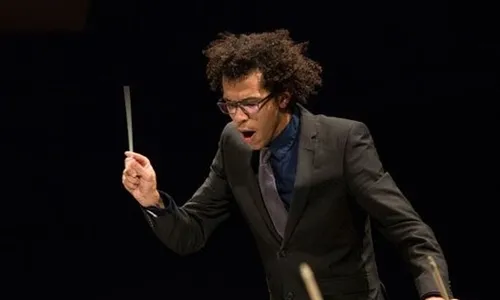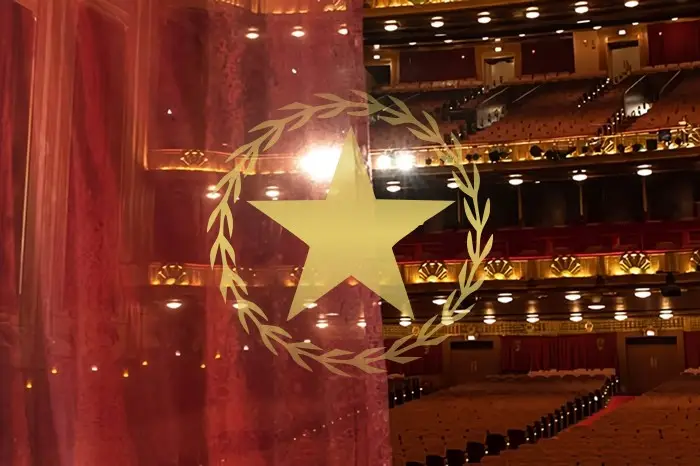
Prepare to bid farewell to Mozart, for the most part. This summer marks the conclusion of Louis Langrée's 21-year tenure as music director of the Mostly Mozart Festival and its orchestra. Beginning next year, 30-year-old Jonathon Heyward will embark on a three-year contract as the head of an orchestra that will have a fresh identity as Lincoln Center's summer ensemble. The festival itself, which has been running for 53 years, will come to an end, with some of its activities assimilated into a unified array of events. In an effort to break down barriers and attract a wider audience, this classical music tradition must now struggle to secure its place in an evolving artistic landscape.
Heyward, who recently made his debut with the New York Philharmonic and will conduct the Mostly Mozart Orchestra in Schumann's "Rhenish" Symphony this summer, has also become the first Black music director of the Baltimore Symphony Orchestra. In his additional role, he will assist Lincoln Center in its ongoing rebranding initiative, spearheaded by artistic director Shanta Thake, which aims to offer a diverse range of genres to ensure inclusivity. This approach encompasses both the commercial entertainment aspect and the philanthropic support for non-capitalistic artistic endeavors. The leaders of Lincoln Center pledge that the summer ensemble will play a significant, though currently undefined, role in this transformation, possibly even featuring some traditional classical music.
Change takes time, but it can also occur suddenly. Over the past few decades, Mostly Mozart has gradually shifted from a focus on light classics to a sprawling series that used the eponymous composer as a starting point rather than a consistent theme. This evolution made sense from historical and intellectual perspectives. Mozart, a well-traveled musician and a sponge for influences, incorporated elements from French dances, Italian operas, military marches with a hint of Turkish flavor, and various other styles into his compositions. This wide-ranging musical palette made him the ideal guiding spirit for a festival that aimed to explore far and wide, frequently delving into contemporary works. One of Langrée's early concerts featured the Indo-Persian ensemble Ghazan alongside Mozart's renowned Requiem. This summer's finale follows a similar pattern, with a new piece by jazz trumpeter Amir ElSaffar preceding a performance of Mozart's C-minor Mass. In another concert, as part of Lincoln Center's Korean Arts Week, composer Soo Yeon Lyuh's Dudūrim shares the program with a Mozart flute concerto and Beethoven's Symphony No. 7.
However, the change in name and focus indicates that this is not sufficient. It conveys a notion that the symphonic tradition is outdated and out of touch, embodying a musty quality that supposedly needs to be purged. The rebranding effort is not just about exploring new possibilities; it deliberately downplays a cherished history. Thake and Heyward face the challenging task of managing an artistic revolution while honoring the past as responsible custodians.



